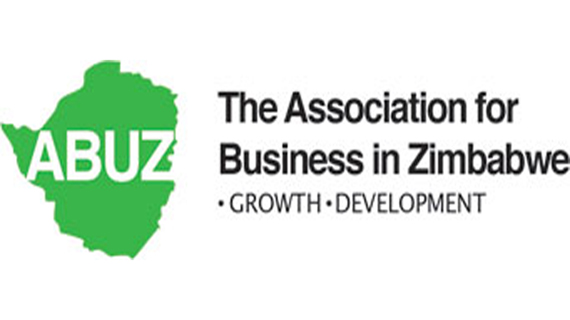
THE Bulawayo based Association for Business in Zimbabwe (ABUZ) has called for the suspension of the recently introduced Consignment-Based Conformity Assessment (CBCA) programme aimed at reducing the importation of substandard goods.
BY MTHANDAZO NYONI
Under the CBCA programme all imported goods should comply with accepted quality standards and that their values are properly declared.
This will require all import consignments to be certified as being compliant in terms of quality and price at the point of shipment.
Certification will be done by French firm, Bureau Veritas.
However, ABUZ on Wednesday said while standards needed to be maintained, the programme would add costs to every listed item which have to be passed on to already over-burdened consumers.
“We respectfully submit that implementation should be immediately suspended pending full objective investigation by an impartial body, taking every stakeholder’s opinion into consideration, at the same attending to an impact assessment on the downstream implications to the economy.
“The overall effect on the economy could prove fatal if this is not carried out,” ABUZ said in a statement.
- Chamisa under fire over US$120K donation
- Mavhunga puts DeMbare into Chibuku quarterfinals
- Pension funds bet on Cabora Bassa oilfields
- Councils defy govt fire tender directive
Keep Reading
ABUZ said businesses were not against the importation of quality products into the country and would not want the country to become a dumping ground for substandard products.
But the association said the imposition of pre-shipment inspections on correctly registered, legitimate duty and tax-paying importers brought with it a raft of challenges and unanswered questions.
“It is understood that the steady decline in the manufacturing industry has led to many companies subsidising their income by importing goods deemed necessary for their survival,” ABUZ said.
“The projected inspection programme if imposed in its current format will prove disastrous to these companies and will result in further job-losses.”
“It is stated that government will receive a 5% commission on fees paid to Veritas and this financial consideration, which is borne by the importer, should then be considered as a form of taxation,”the association added
“Various ‘assumptions’ have been made by ‘responsible business’ as to the amount of money that will collectively be earned by Veritas that vary conservatively between $30 million and in excess of $ 100 million per annum – a collective bill that will be externalised funds and will in the main, figure as an additional cost factor to the Country’s economy as a whole and citizens in general.”
ABUZ said a very simple cost-analysis determines the amortisation of the fixed cost of a $350 fee payable indirectly through a supplier to Veritas.
“If duty is applicable at 40 percent on a $1 000 import, landed costs will be increased by 49 % (being 35 % contained in the Veritas fee-note and duty on this fee-note at 40%t),” it said.
“In context for the afore-going, importers are obliged to maintain stock-levels; but the current state of our economy dictates that more frequent, lesser-value imports are required to achieve this.
“Having observed this, and taking the fixed Veritas fee into consideration it might become impossible to maintain stock continuity, and certainly impossible to maintain a ‘fixed cost’ for invoicing purposes.”
ABUZ added: “We are advised that the CBCA programme does not affect imported raw materials into Zimbabwe, however with respect to yarn and sugar, which are classified as finished products, these will in fact be controlled by the programme.
“Despite therefore effectively being ‘raw materials’ to a local manufacturer, the added Veritas costs will be applied and result in net increases of the costs of the related products,” it said.
ABUZ said the question of such a programme being in line with various trade protocols currently in place remains unanswered.
Local industries have been negatively affected by the smuggling and importation of cheap products into the country, which has resulted in many company closures.
Products targeted by the CBCA programme will now go through various quality checks in that country of export before a license authorising their import to Zimbabwe is issued.
The categories of goods subjected to the programme include food and agriculture, building and civil engineering, timber and timber products, petroleum and fuel, packaging material, electrical appliances, body care, clothing and textile, engineering equipment, mechanical appliances, automotive and transportation and even toys.
Zimbabwe’s trade deficit currently stands at $3,3 billion as total imports for January 2015 increased by 10 % to $538 million.










